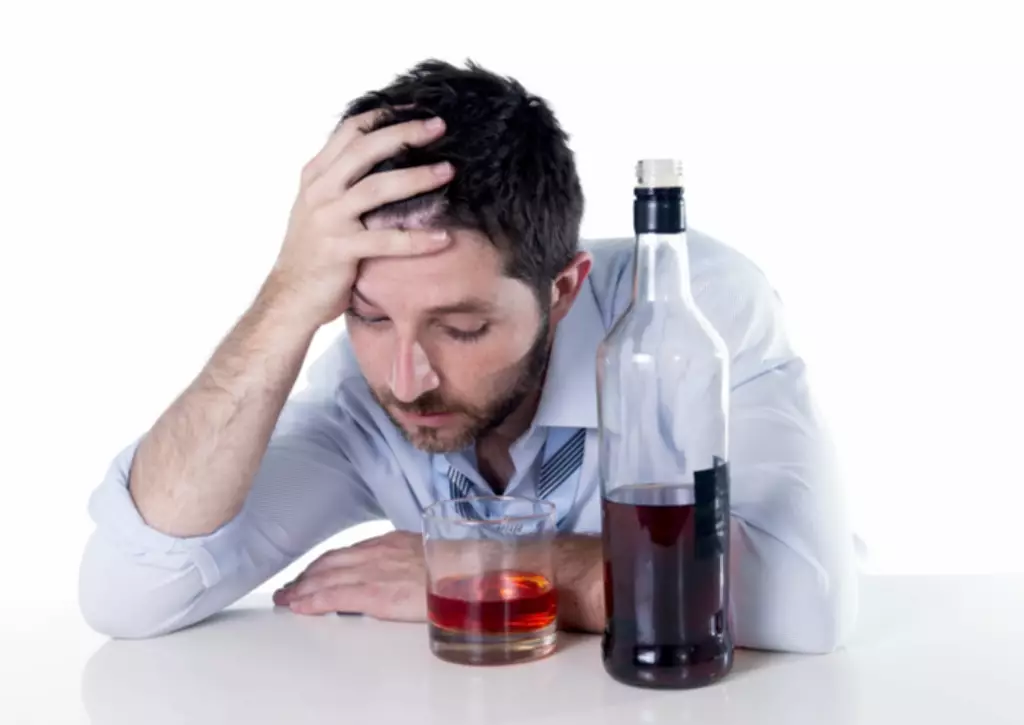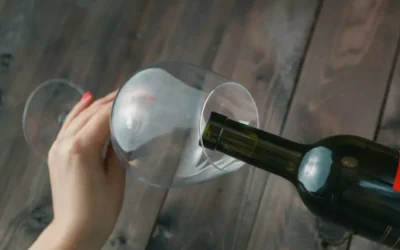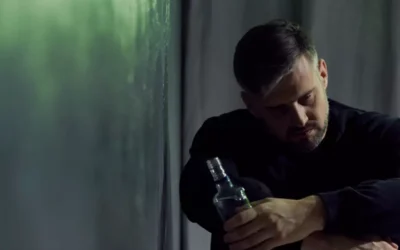Content
Learn more about the health effects of drinking alcohol here. Download our Quick Start Preparation course as our FREE gift to help you stop drinking alcohol and get the best start to your new life. There’s no doubt that addictions mess with drinking out of boredom our brain and how it sends and receives signals but many problems with addiction also stem from rituals and habits. To stay sober, you must break your nasty habits or once-comforting rituals by replacing those bad habits with good ones.
But turning to alcohol to cope also means many people are at an increased risk of health problems, substance use disorders, relationship trouble, and mental health problems. If drinking is a staple of your social life, you might feel a little nervous about talking to others about your decision. Whether you’re quitting, cutting back, or taking a temporary break from alcohol, it can help to explain your new intentions to friends and drinking buddies. Some will be more supportive than others, but it can be easier to explain yourself once rather than have to repeatedly turn down drinks. It doesn’t help that although alcohol may be the world’s most commonly accepted drug, it’s also regularly left off the list of drugs that negatively impact people’s lives. Someone people need the support of professional addiction treatment to combat boredom and avoid relapse.
Tips to stop drinking out of boredom
Classes that focus on creative skills, such as acting, dancing, and writing, often require you to engage with peers. Embrace the opportunity to develop and nurture your skills while also https://ecosoberhouse.com/ connecting with people who have similar passions. This will give you a general idea of what internal and external obstacles you’re likely to encounter as you try to stop drinking.

Drinking out of boredom is how some choose to deal with the dull moments life throws at us. Exercise is a powerful way to rebuild your body in recovery and a healthy coping skill. It’s a way to care for yourself by committing to a practice that releases positive, mood-enhancing endorphins and alleviates stress.
Anxiety in Children and Teens
To stay sober, you must keep yourself and your thoughts occupied. In this post, we’re going to uncover some truths about mindset, alcohol, and how to overcome boredom after quitting drinking. This one blew me away because it was something I really struggled with forever yet I had no idea it was linked to my need to drink. Apparently, when we aren’t in tune with our inner thoughts and emotions we have trouble articulating what it is we want in life. We can’t describe our feelings and our desires which leaves us feeling stuck. Not knowing what it will take to make you happy leads to boredom with yourself and the world around you.
Break out an old game, book, or activity you enjoyed as a child (Pokémon or mini-golf, anyone?). You can make simple syrups (here are seven unique ones), use your SodaStream, and add beautiful garnishes for the full treatment. I encourage anyone in recovery to be open, honest, and willing to do the work. Besides, it is all up to you to be the person you would like to become.
How to Overcome Boredom in Addiction Recovery
Eventually, I learned to have self-compassion and to stop constantly berating myself for tiny and often imaginary mistakes. But there was quite a lot of therapy, 12 step work, trial and error with medication and, a couple of diagnoses along the way towards arriving at that. At first, I used sugar to help manage the strangeness of always being sober. I tried meditation (though never quite managed to get a consistent practice.) Nature seemed to help. At first, the worst thing about being long-term sober (and this meant weeks, initially) was the sameiness of my consciousness.
Is it still fun to live without alcohol?
Many people live happy lives without the presence of alcohol, surrounding yourself with like-minded people will enable you to normalize an alcohol-free lifestyle. A great way to meet other sober people is through volunteering, attending alcohol-free events or social-media groups.
Alcohol is one of the leading causes of preventable death in the United States. It’s responsible for more than 95,000 deaths annually. Whether it’s a little added stress relief or an attempt to add a little fun to your evenings, many of us are adding another cocktail, beer, or glass of wine at night.
How to Cut Down on Alcohol, Even If You Don’t Want to Quit Drinking
Her fields of interest include Asian languages and literature, Japanese translation, cooking, natural sciences, sex positivity, and mental health. In particular, she’s committed to helping decrease stigma around mental health issues. You might run into obstacles along the way that tempt you to drink. Keep in mind the reasons you chose to cut back on or quit alcohol. At the end of the day, one of the most important tools you have at your disposal is self-compassion.

It’s easier than most of us will admit to default to a glass of wine or a beer out of habit. Soon, we’re reaching for another glass or can. Alcohol did help me to let go of my self-consciousness and dance, but I had to drink an awful lot to achieve it. More often than not, by the time I had drunk enough to feel like dancing the bar was about to close. Also, beer helped me to socialize in groups when it turns out I didn’t actually really enjoy that.





